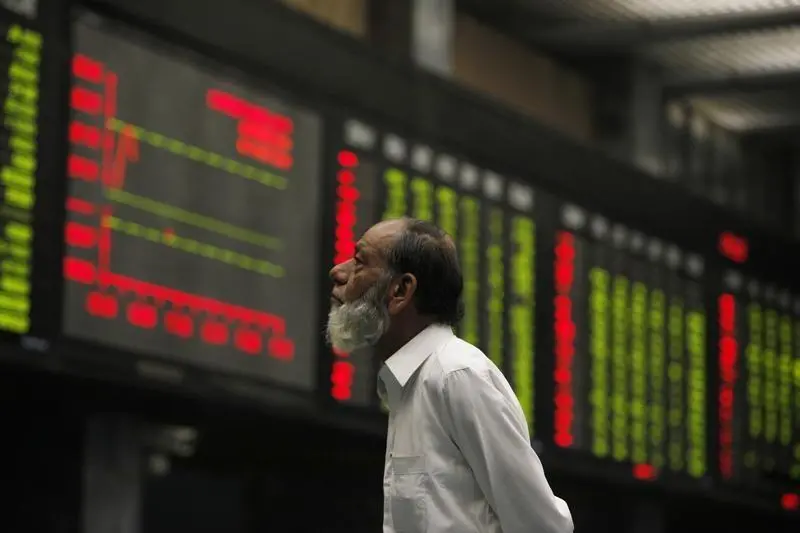PHOTO
ISLAMABAD - Pakistan's cabinet on Tuesday approved an amnesty that will allow tax payers to regularize undeclared assets, as part of plans to raise revenue and stimulate the slowing economy, following agreement on a new bailout from the IMF.
Finance advisor Abdul Hafeez Shaikh, Pakistan's de facto finance minister, said the move was intended to bring undeclared assets held either at home or abroad into the regular economy, which has long suffered from rising deficits and chronic underinvestment.
"The purpose of this scheme is for assets, which are kind of dead assets, to be part of the economy, to make them operational," he told a news conference following a cabinet meeting in Islamabad.
Facing a budget deficit, the International Monetary Fund expects to top 7 percent of gross domestic product this year and under pressure to find billions of dollars to reduce the gap, the government is expected to step up efforts to raise tax.
In a country where only a million people out of a population of more than 200 million pay income tax, increasing the amount of tax raised has been a problem for successive governments.
The IMF plan will require the government to bring the primary budget deficit, which excludes debt servicing costs, down to 0.6 percent of GDP next year from a forecast level of more than 2 percent.
That will require it to squeeze around $5 billion in extra taxes or spending cuts from Pakistan's roughly $300 billion economy next year alone.
Under the measures announced on Tuesday, non-declared assets can be regularized on payment of a 4% levy, with property assets levied at 1.5%, Shaikh said.
"We have kept it realistic. The rates haven't been set high," he said, adding that the scheme would run until June 30.
The amnesty represents a turnaround for Prime Minister Imran Khan who accused previous governments of using amnesties to clean up illegally acquired wealth hidden outside Pakistan.
Shaikh, who joined the government last month following a shakeup of Pakistan's top economic policy makers, defended the IMF accord from opposition criticisms, saying the belt-tightening measures expected to be required were in the country's own interests.
"I think that the things we are going to do are the ones which Pakistan needs at present," he said.
On Sunday, Pakistan agreed a $6 billion loan package from the IMF to bolster its faltering economy, which is expected to see a sharp slowdown in growth to 2.9 percent this year from 5.2 percent last year, according to IMF projections.
Details of the package, which must still be approved by the IMF board, are sketchy but are expected to include raising taxes, increasing energy prices as well as loosening controls on the rupee currency, which has lost a third of its value over the past year.
(Reporting by Asif Shahzad, editing by Ed Osmond) ((asif.shahzad@thomsonreuters.com; +923018463683;))





















